Articles tagged ""
Articles
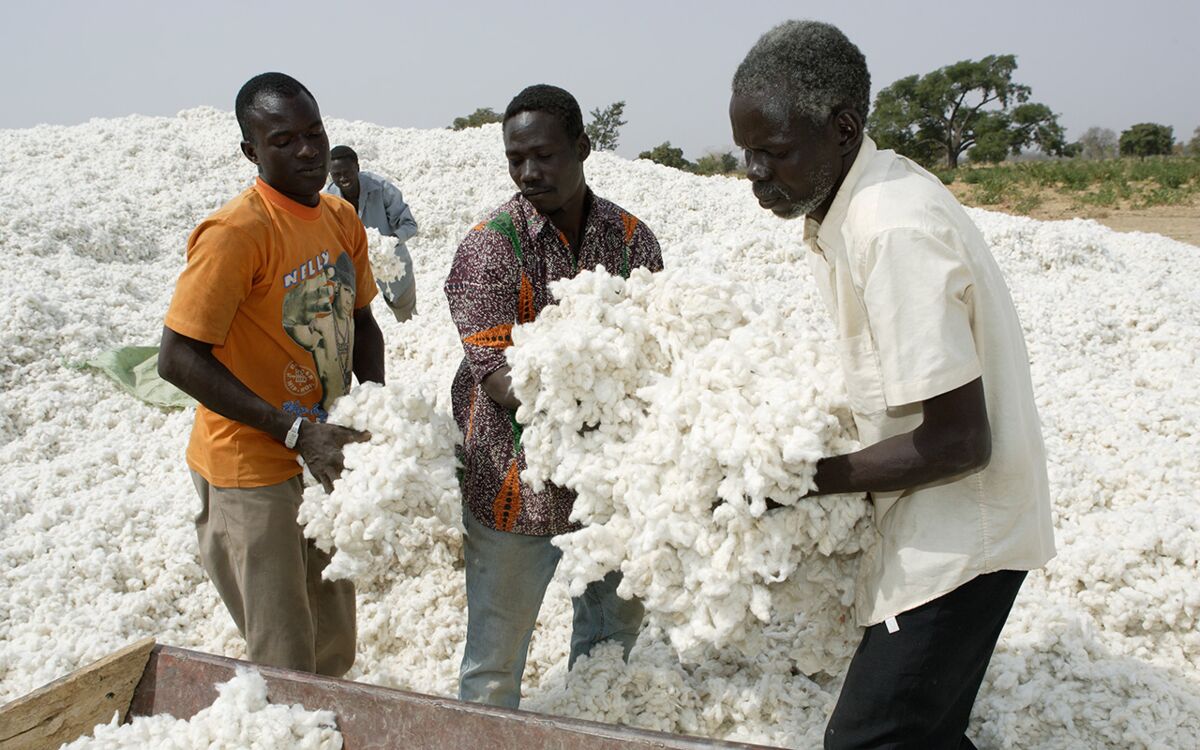
Sustainable Cotton
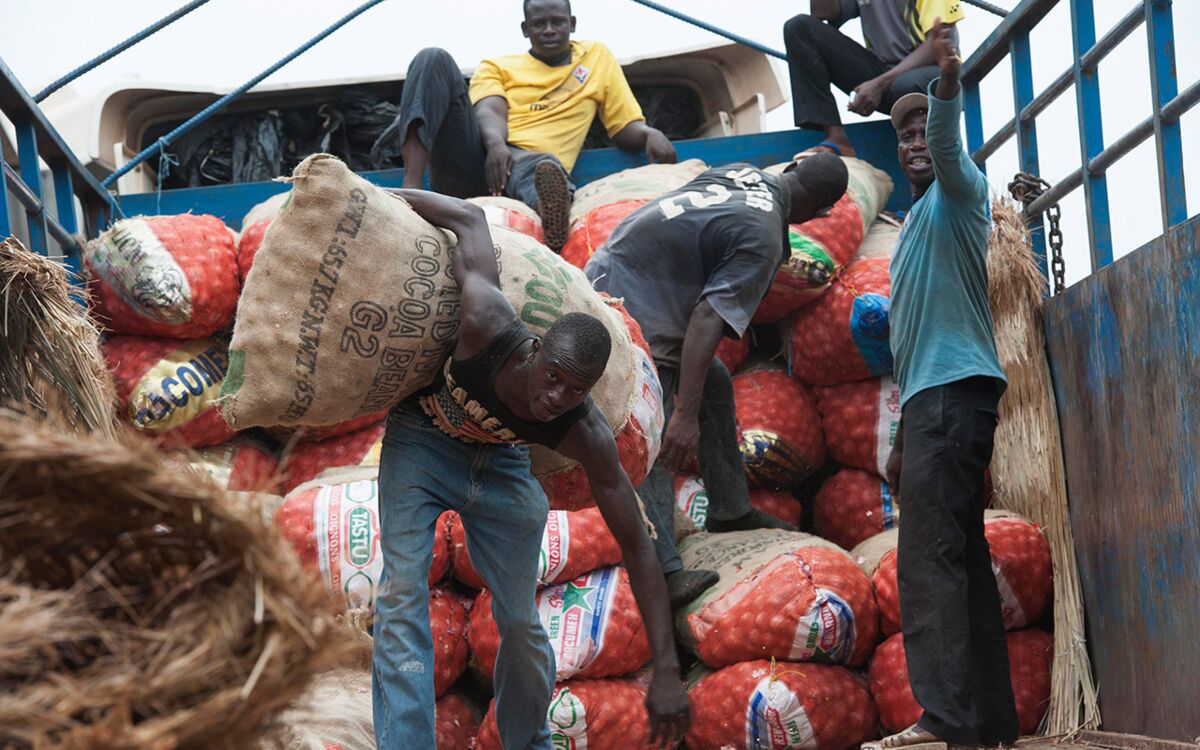
Central market in former rebel territory
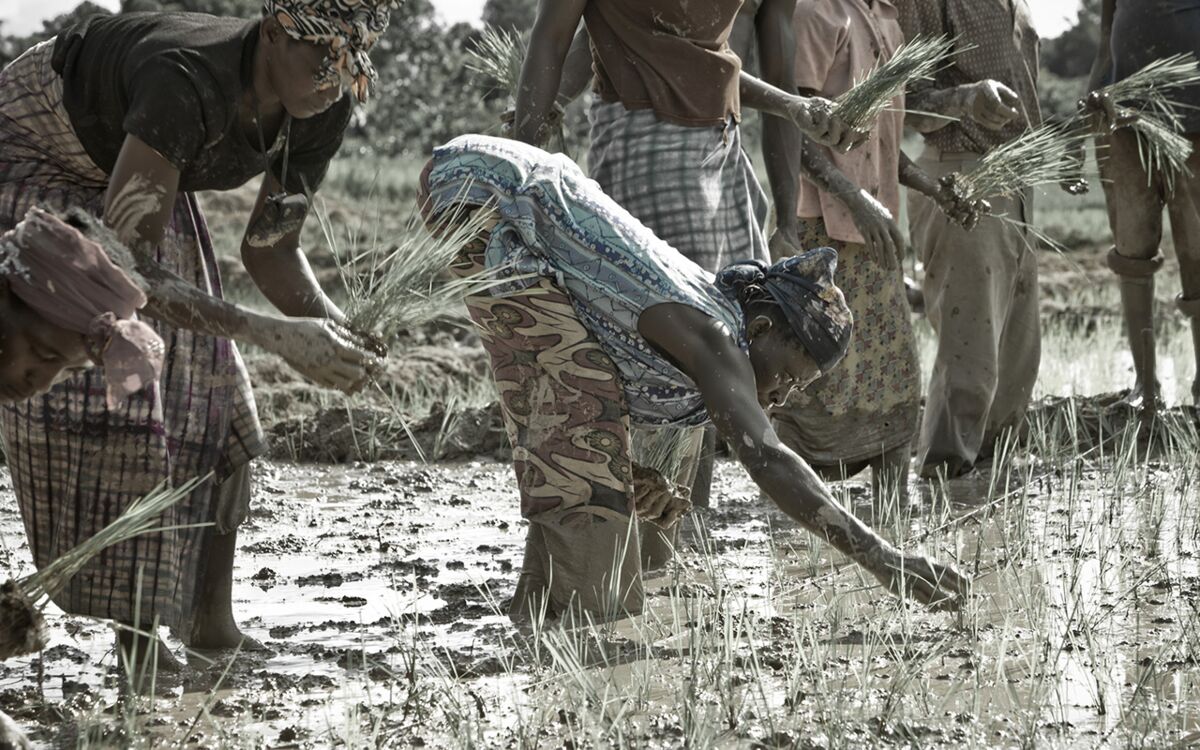
New Jobs for the poorest
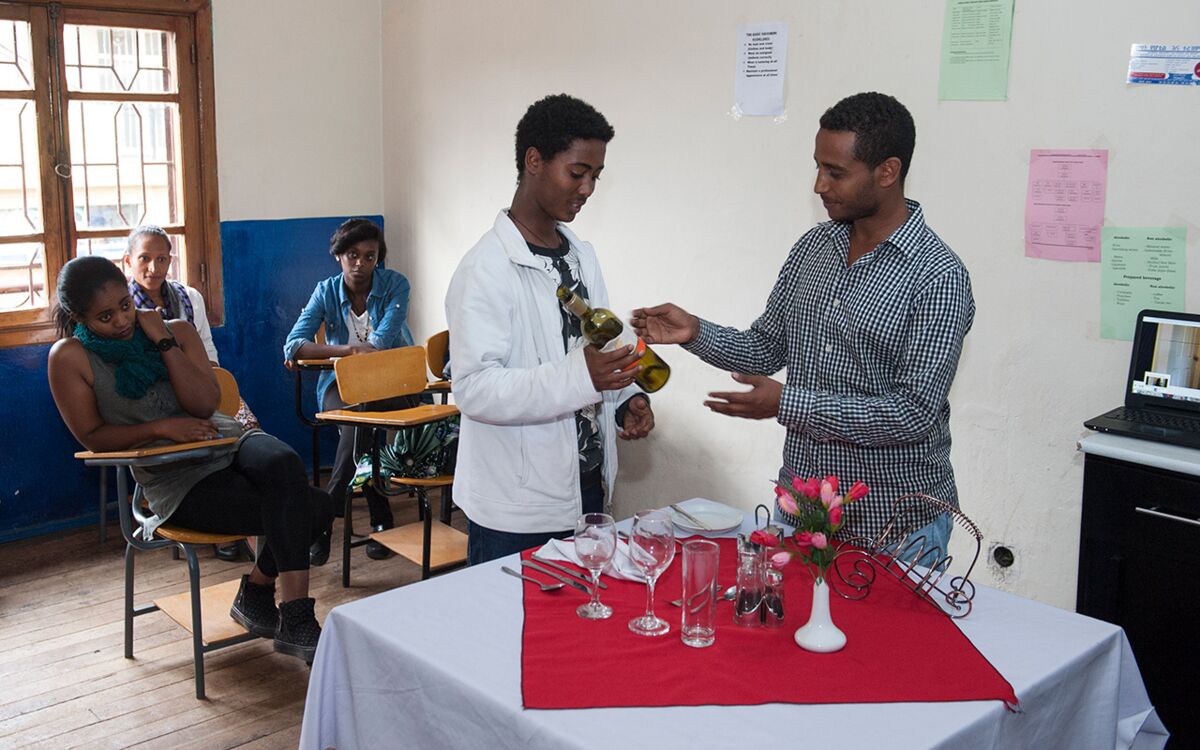
Perspectives for Africa's Youth

The young need a future
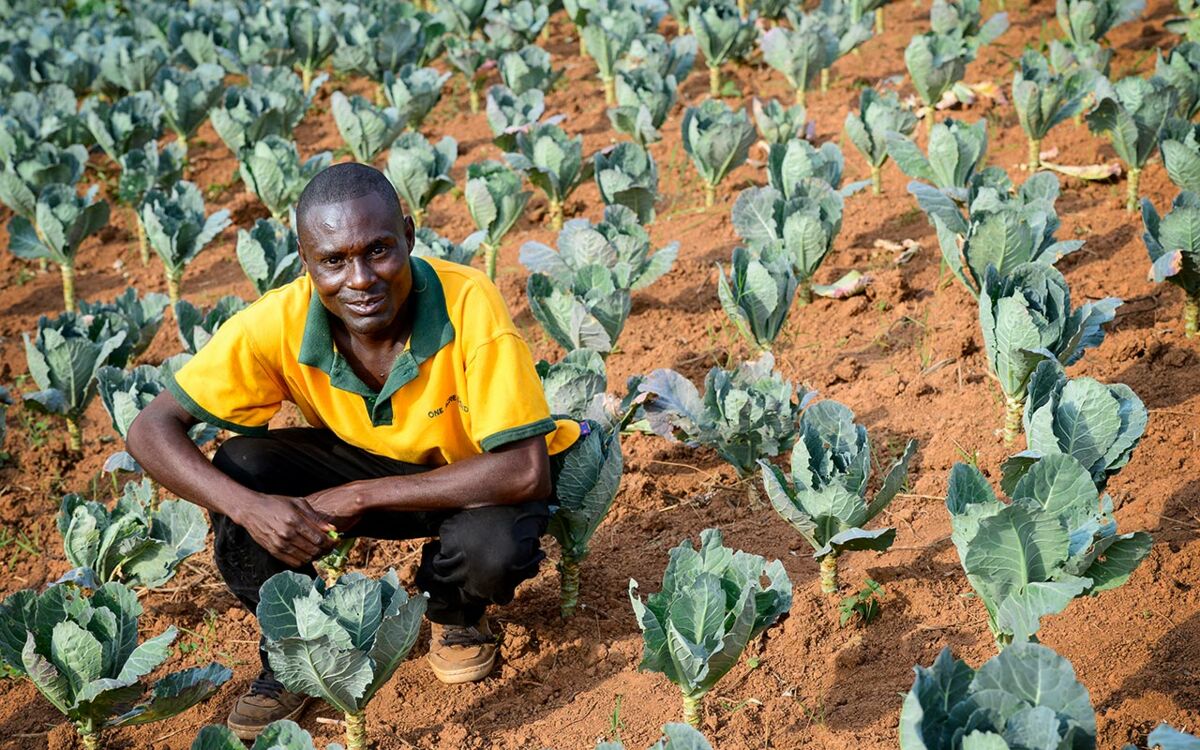
No business without the State








We use cookies on our website. Some of them are essential, while others help to improve your user experience. Your consent is voluntary and can be revoked at any time on the "Privacy" page.
Protects against cross-site request forgery attacks
Saves the current PHP session.
Content from third-party providers, such as YouTube, which collect data about usage. Third-party content embedded on this website will only be displayed to you if you expressly agree to this here.
We use Matomo analytics software, which collects anonymous data about website usage and functionality to improve our website and user experience.